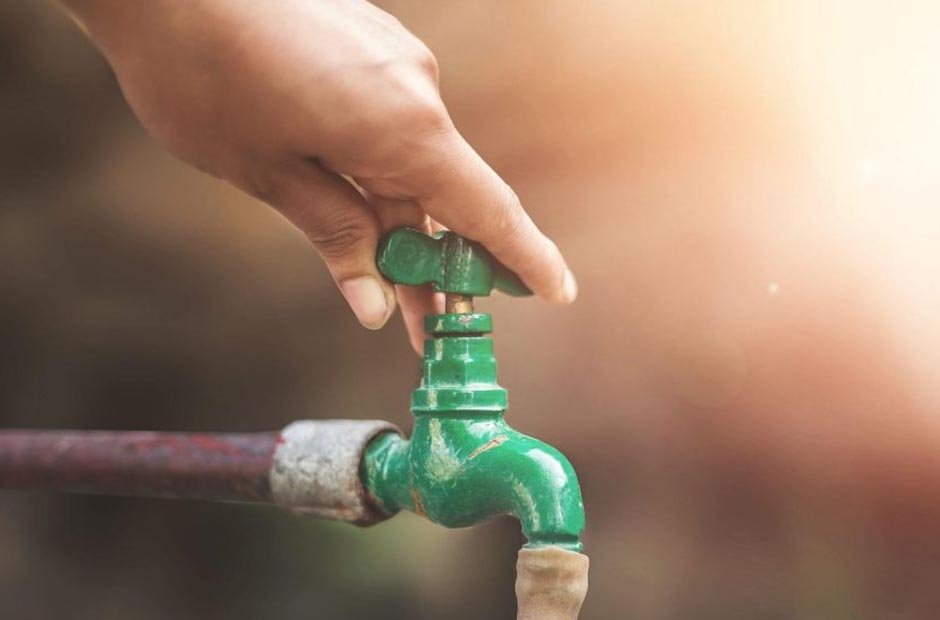The conservation of natural resources is crucial for sustaining the environment and ensuring the well-being of future generations. As human ambitions, pursuits, and activities continue to exert pressure on the planet’s resources, it becomes all the more imperative for us to prioritise adopting and promoting sustainable practices to minimise our ecological footprints and their indelible impact successfully.
Here are 10 ways to conserve natural resources practically:
- Let’s start with reducing consumption and wastage, repurposing as much as possible, and recycling whatever we can. The first step is about conserving our resources, further boosted by reducing unnecessary consumption or wastage, for that matter. By being mindful of our needs and avoiding unnecessary purchases, we can significantly cut down on the resources we consume. From avoiding hoarding, duplication in purchased products, and more, simple actions such as these, as well as opting for products with minimal packaging, choosing energy-efficient appliances, reducing wastage of electricity, and reducing water usage can make a big difference.
Reusing items extends their lifespan and reduces the demand for new products. This can be as simple as repurposing old jars for storage, donating clothes, or using both sides of the paper. Reusing materials helps conserve the raw materials and energy required for producing new goods.
Recycling converts waste into reusable materials. By separating recyclable items such as paper, glass, plastic, and metal from regular trash, we can ensure they are processed and made into new products. This reduces the need for raw materials and lowers pollution from manufacturing processes.
- Water is one of the most vital natural resources, yet it is often taken for granted. It is no longer a fact that we need to consciously and unequivocally collaborate in conserving the water for today and tomorrow.
Here are a few practical and everyday ways to conserve water:
- Fix leaks promptly to prevent water wastage.
- Install water-saving fixtures such as low-flow showerheads and faucets.
- For cleaning sidewalks and driveways, use a broom rather than a hose.
- Collect rainwater for gardening and other non-potable uses.
- Implement xeriscaping, which involves using drought-resistant plants to reduce the need for irrigation.
- Energy conservation saves natural resources and reduces greenhouse gas emissions. Let’s start with small steps: switching to LED or CFL bulbs, as they use less energy and last longer than incandescent bulbs; turning off lights, appliances, and electronics when they are not being used; using a programmable thermostat to optimise heating and cooling inside our homes; insulating our home to maintain temperature, thereby reducing the need for heating and cooling; making the most of renewable energy sources such as solar or wind power as and when we can, and more. There are, in truth, many ways to use energy more efficiently; we provided you with some, but you certainly can try many more while inspiring others to follow suit.
- Have you thought of adopting a sustainable way of daily transportation? Transportation is a major contributor to resource consumption and pollution.
By adopting sustainable transportation methods, we can reduce our impact on natural resources:
- Use public transportation, carpool, or ride-sharing services to decrease the number of vehicles on the road.
- Walk or bike for short trips, which not only conserves resources but also promotes health.
- Opt for fuel-efficient or electric vehicles to reduce fuel consumption and emissions.
- Combine errands into one trip to minimise driving distance.
- We depend on agriculture—true—yet, we must take note of the fact that it consumes a significant amount of water aside from land and energy. Hence, it is imperative that we help agriculture practices continue in a nature-friendly and sustainable way to ensure the long-term conservation of nature and its precious irreplaceable resources. What measures can we take towards this?
From buying locally produced food to reduce the energy required for transportation, choosing organic and sustainably farmed products, typically using fewer chemicals and more environmentally friendly practices, and growing your vegetables and herbs, even if it’s just in a small garden or on a balcony to supporting farmers’ markets and community-supported agriculture (CSA) programmes and more, we actually can do a lot.
- Overfishing and destructive fishing practices have depleted many fish populations. By practising sustainable fishing, we can help conserve marine resources:
- Follow local fishing regulations and catch limits to prevent overfishing.
- Choose sustainably sourced seafood by looking for certifications such as the Marine Stewardship Council (MSC) label.
- Avoid eating endangered or overfished species.
- Support environmentally sustainable aquaculture practices.
- Forests are essential for maintaining biodiversity, regulating climate, and providing resources. Protecting forests helps conserve these invaluable resources:
- Use products made from sustainably sourced wood and paper, certified by organizations like the Forest Stewardship Council (FSC).
- Reduce paper use by opting for digital communication and storage.
- Participate in or support reforestation and afforestation projects.
- Avoid products that contribute to deforestation, such as those containing palm oil from unsustainable sources.
- Plastic pollution is a significant threat to the environment. Reducing plastic usage can help conserve natural resources and protect ecosystems:
- Use reusable bags, bottles, and containers instead of disposable plastic ones.
- Avoid single-use plastics like straws, cutlery, and plates.
- Choose products with minimal or recyclable packaging.
- Participate in or organise clean-up drives to remove plastic waste from natural areas.
- One of the far-reaching ways to make an impact would be by spreading awareness and disseminating necessary information through education and advocacy, powerful tools in letting more people become conscious about the need to fuel conservation efforts. By spreading awareness and advocating for sustainable practices, we can encourage others to conserve natural resources.
What can you do to achieve this? Well, how about starting with educating yourself and others about the importance of conservation and sustainable living? Also, you can advocate for environmentally friendly policies at local, national, and global levels. You can use your social media presence towards this goal certainly. Finally, encourage businesses and governments to adopt sustainable practices and reduce their environmental impact.
- Surely not the last one, but one of the key measures could be supporting conservation organisations and NGOs. Many of these organisations, whether at a local or global scale, work tirelessly to protect natural resources and wildlife.
Supporting these organisations can amplify conservation efforts:
- Donate to or volunteer with local or global environmental NGOs.
- Participate in community conservation projects, such as tree planting or habitat restoration.
- Stay informed about conservation issues and advocate for policies that protect natural resources.
















